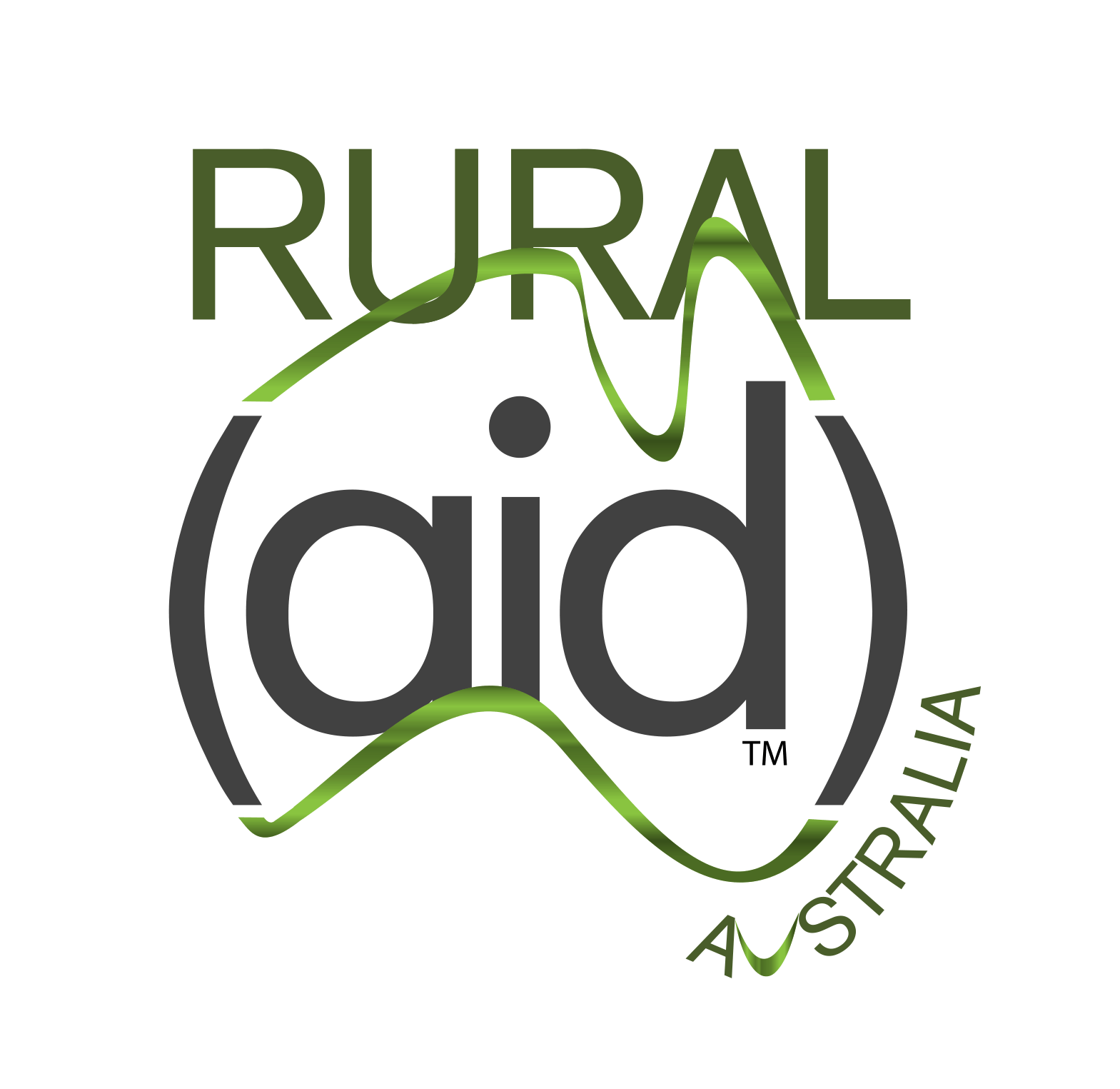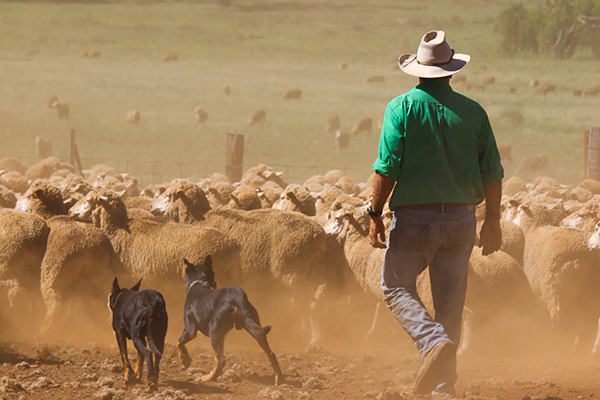Rethinking Mental Health Support in Regional & Rural Australia
By Gome Simfukwe
Rural Aid counsellor and community representative
Context
I was recently privileged to join Peter Kenyon from Bank of Ideas and Rural Aid Community Builders representative Jen Curnow-Trotter in a little town called Mullewa in regional West Australia. The Community Builders program which has successfully engaged various small towns across Australia, aims to help towns recover by focusing on what their greatest assets are and leveraging lessons learned from other small towns.
As we drove into the wildflower town in the North Midland region of WA, we were encouraged to take note of what we observed as we approached the town. Despite being well known for its amazing wildflowers, there was not much as far as signposts alluding to this fact. Being a small town, like many other small towns, it is easy to drive straight through it and consequently miss out on the beauty and awe that the wildflowers possess.
Protective Factors
This got me thinking about how many times we take for granted our greatest strengths and assets and consequently miss out on opportunities to ameliorate against mental health challenges such as depression and anxiety. As we spoke with the community about what their greatest assets were, it was clear that the town had a lot to be proud of, but unfortunately this was not obvious as you drove into the town.
One of the most useful tools in combating mental ill-health is tapping into what the world of psychology calls ‘protective factors’. What strengths, support networks and other factors does an individual or community possess that render them capable of surviving and thriving in the face of adversity? It is these factors that are worth cultivating, showcasing, and celebrating. In a context where access to mental health professional support is somewhat limited, it is these factors that will prove beneficial in meeting the community needs around mental health.
Help is closer than you think
An article by Mental Health First Aid Australia identified some practical steps to addressing the challenge of access to mental health support in regional and rural Australia. The article states that you can increase mental health and well-being support to individuals and communities in regional and rural areas by:
- Accessing counselling programs that understand specific rural challenges via Rural Aid
- Reminding men to ask for help, to reach out to friends, and to escalate their problems via a mental health program. A program that’s designed for men in rural areas is: Are you Bogged Mate?
- Looking into specific challenges faced by regional businesses with the Ahead for Businesses resources, and getting involved with their Rural Agribusiness Wellbeing Project
- Engaging in culturally appropriate conversations via the Aboriginal and Torres Strait Islander run 13YARN
- Investigating models like the UK’s Frazzled Cafes initiative that helps normalise the idea of meeting at a local café to talk about challenges, stresses, and mental health conditions
- Undertaking Mental Health First Aid® training to increase skills to recognise and respond to mental health problems, create mentally healthier communities, and build Champion Communities that take a whole-of-community approach to early intervention.
When communities stop waiting for the cavalry to come and rescue them and instead look at their inherent strengths and assets, this can help bring small towns together in ways that are transformational. Beginning with the people in the town and moving on to the natural resources and further to the technological assets, a community can rebuild to the point where locals are proud and where visitors are compelled to stop, visit, and even stay.
Reference
Putting regional mental health on the map. [Internet]. Mental Health First Aid. May 2023. Available from: Putting regional mental health on the map – MHFA Community

